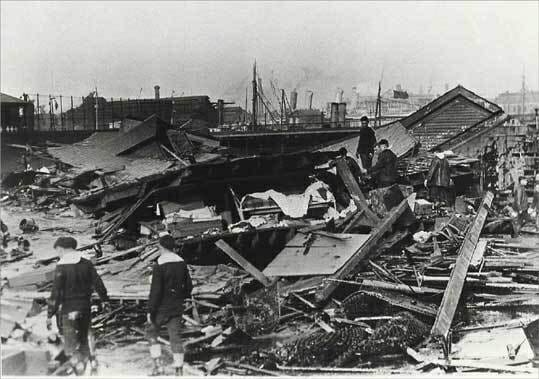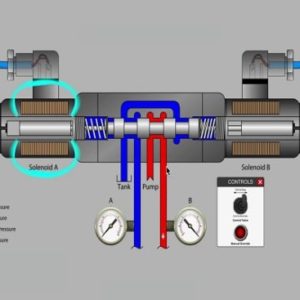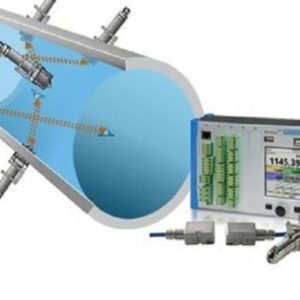E – 1416 The Molasses Flood of 1919 and Other Ethical Failures in Engineering
$50.00
In creating devices of various kinds for use by clients or by the general public, engineers have an ethical duty to strive to prevent the devices from harming anyone. Thus when a failure occurs in an engineering device and someone is injured or killed, the question always arises whether the engineers responsible for the device have failed to fulfill their ethical duty, that is, have they behaved negligently? But determining negligence can be difficult. The purpose of this course is to describe those aspects of an engineering failure and its aftermath that should be considered when trying to judge if engineers have acted negligently. The subjects considered include the expected standard of care, safety and risk estimates, biases often present in failure investigations, the public’s desire for identifying wrong-doers, punishment, and the uses and misuses of the results of investigations. These concepts are illustrated with a description of the Great Boston Molasses Flood of 1919, for which a new possible cause was identified only in 2014. Four other case studies are also included.
This course is based on the paper, “The Molasses Flood of 1919 and Other Ethical Failures in Engineering,” written by Mark Rossow, July, 2015.
Description
In creating devices of various kinds for use by clients or by the general public, engineers have an ethical duty to strive to prevent the devices from harming anyone. Thus when a failure occurs in an engineering device and someone is injured or killed, the question always arises whether the engineers responsible for the device have failed to fulfill their ethical duty, that is, have they behaved negligently? But determining negligence can be difficult. The purpose of this course is to describe those aspects of an engineering failure and its aftermath that should be considered when trying to judge if engineers have acted negligently. The subjects considered include the expected standard of care, safety and risk estimates, biases often present in failure investigations, the public’s desire for identifying wrong-doers, punishment, and the uses and misuses of the results of investigations. These concepts are illustrated with a description of the Great Boston Molasses Flood of 1919, for which a new possible cause was identified only in 2014. Four other case studies are also included.
This course is based on the paper, “The Molasses Flood of 1919 and Other Ethical Failures in Engineering,” written by Mark Rossow, July, 2015.
- Definition of negligence and standard of care
- Relation of safety and risk
- Knightian uncertainty
- Retrospective fallacy in accident investigations
- Myth of perfect engineering practice in accident investigations
- Uses and misuses of the results of failure investigations
- Negative effects of punishment on learning from accidents
- General causes of engineering failures






